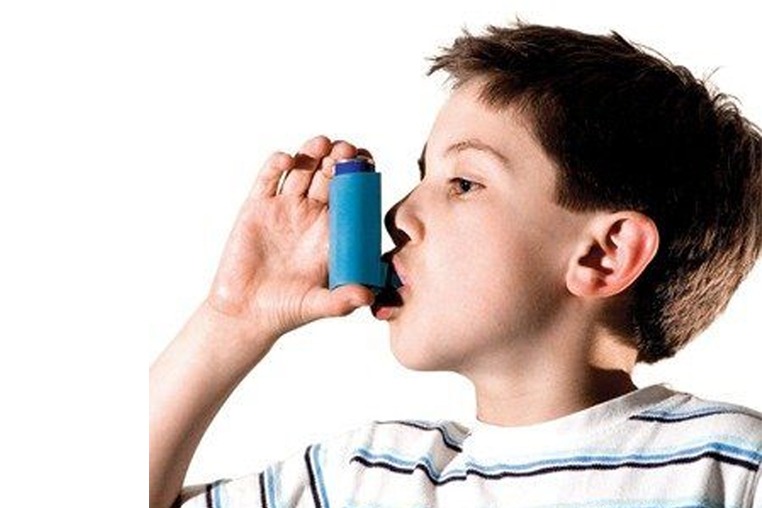First Aid Course in Canberra. Nationally Recognised Training. Free First Aid Manual. Free Parking. Free CPR Mask. Free App. Excellent RTO.
IT’S the one of the worst hay fever seasons we’ve seen in decades…but a runny nose and itchy eyes may be the least of your worries.
A constant, chesty cough along with wheezing can be a sign of deadly seasonal asthma and the “very high” pollen counts we have seen over the last few weeks may be to blame.
Seasonal asthma refers to people who only experience asthma symptoms at certain times of the year.
The condition is no different from normal asthma – the symptoms are still the same and it’s potentially deadly if not treated properly.
You may experience tightness of the chest, wheezing, shortness of breath, difficulty sleeping because you can’t breathe and, you guessed it, constant coughing.
It can be easy to dismiss these symptoms as hay fever, but if you are taking antihistamines and they don’t seem to be working you should see a GP to be on the safe side.
If seasonal asthma is left untreated it could trigger a potentially deadly asthma attack – when the muscles in the airways constrict and cut off your breathing.
Sonia Munde of Asthma UK told The Sun Online: “Asthma is a long-term condition, but some people have ‘seasonal asthma’.
“This is when their symptoms are only triggered by things that are only around at certain times of year, such as pollen.
“As pollen levels are sky-high at the moment, people who find pollen triggers their asthma – including those with seasonal asthma – may be suffering at the moment.
“An estimated 3.3 million people in the UK who have asthma say their pollen allergy triggers their asthma, so they face a double whammy of symptoms.
“As well as having to deal with classic hay fever symptoms such as itchy eyes, sneezing and a blocked or runny nose, they’re also at risk of a life-threatening asthma attack.”
Grass pollen is currently at an all-time high in the UK, with more than half the country predicted to be hit by the highest pollen rating possible on Sunday.
The long winter and recent rain followed by warmer weather is the “worst case scenario” for sufferers, making pollen more prevalent, experts have warned.
Pollen counts have remained “very high” in most of the UK for weeks.
So, what can you do to protect yourself if you suffer from hay fever and seasonal asthma?
It’s important to know the symptoms and carry an inhaler at all times.
“People who have asthma and a pollen allergy should take hay fever medicines, such as antihistamines and nasal steroid sprays, and make sure they take their preventer inhaler as prescribed for the best chance of staying well,” Sonia added.
“On high pollen days it may be helpful for people with asthma to change outfit and have a shower when they get home, as pollen can stick to your body and clothes.
“We also advise that people try to keep doors and windows closed when they are inside, and carry their blue reliever inhaler at all times in case of emergencies.
Book a first aid course at www.canberrafirstaid.com Learning the first aid course skills will greatly improved understanding in asthma.




